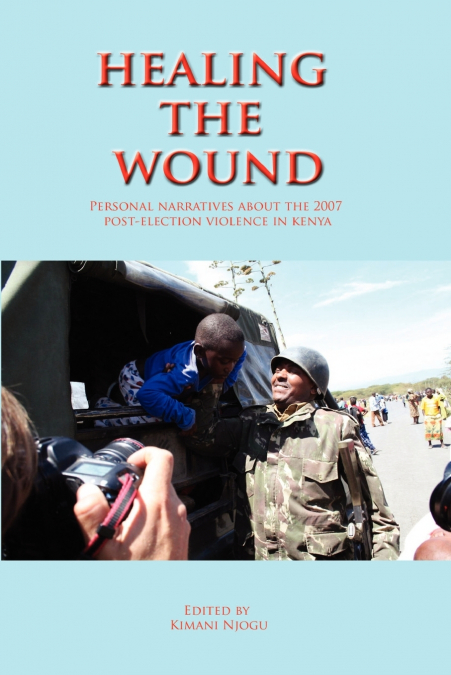
Kimani Njogu
The narratives collected by Twaweza Communications in this volume tell yet another side of the story about the violence that engulfed Kenya towards the end of 2007 and the beginning of 2008. The narratives are part of a Daraja Initiative involving media monitoring, reflections and documentation of the traumatic post-election violence period often associated with the contested presidential results of 2007. The goal of the project is to contribute to the protection of constitutional rights of all Kenyans and to the development of a just and democratic country. Because violent conflicts constitute ruptures and continuities and are often preceded by tensions over the uncomfortable co-existence of political, economic, social and cultural systems and relations of power as well as what is perceived as valuable, mobilisation for violence is driven by narratives of the legality and correctness of action such that notions of history, justice and memory are functions of narrative construction, power and authority. Narratives of violent conflict, such as happened in Kenya, are not absolute: they are contested, contradictory and incomplete. But they must be told so that the multiple voices from the citizens are heard.